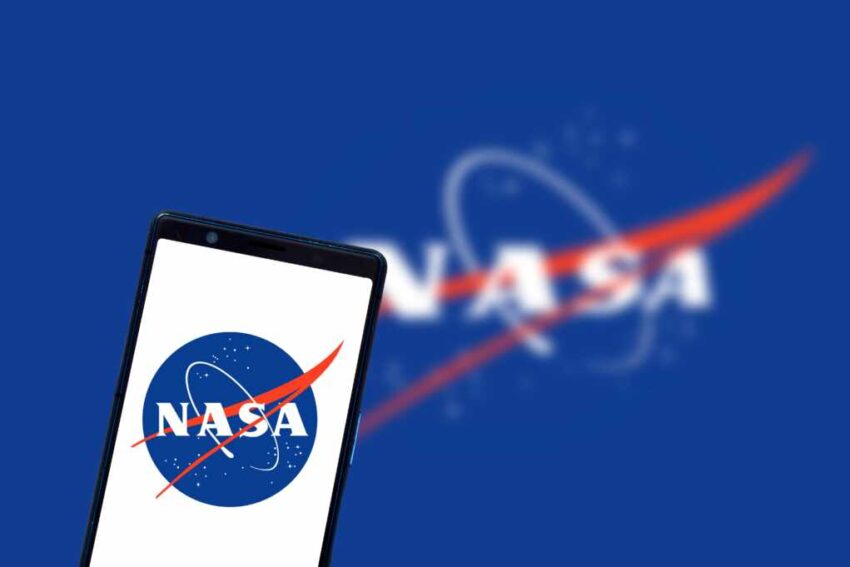Former astronaut Terry Virts is challenging U.S. space policy by equating NASA’s partnership with Russia to wartime complicity, a claim that underscores growing ethical tensions as the Ukraine conflict deepens.
At a Glance
- Former astronaut Terry Virts likened ISS cooperation with Russia to working with Nazis
- The U.S.-Russia space alliance persists despite Moscow’s invasion of Ukraine
- NASA defends operational professionalism aboard the ISS amid political tensions
- SpaceX’s rise has reduced U.S. reliance on Russian launch systems
- Russian cosmonauts’ nationalist rhetoric has alarmed U.S. counterparts
Ethics in Orbit
Terry Virts, a former U.S. astronaut, ignited a firestorm after publicly comparing ongoing space collaboration with Russia to partnering with Nazi Germany during World War II. “Cooperating with the Russians on the ISS is like going on an Antarctic expedition with Nazis in 1943,” Virts said, calling it “morally reprehensible.” The comments target not only the U.S. government but also NASA’s longstanding belief that space exploration can transcend terrestrial politics.
Virts’ explosive analogy arrives at a time when Russia’s war in Ukraine has upended countless global partnerships. He specifically urged a halt to American astronaut launches aboard the Russian Soyuz, a system once indispensable to NASA. While his critique is personal, it reflects a larger discomfort growing within the scientific community as geopolitical boundaries bleed into previously neutral zones like the International Space Station.
NASA Administrator Bill Nelson countered these critiques, emphasizing that cooperation in orbit remains smooth and professional. As he told the media, the ISS partnership has endured, even as “Putin is conducting a war with such disastrous results in Ukraine.” Yet, that message of detachment is becoming harder to sustain in the face of intensifying rhetoric.
Watch a report: NASA defends ISS cooperation amid war.
War on the Ground, Tensions in Space
The ISS, launched in 1998 as a symbol of peaceful global collaboration, is increasingly strained under geopolitical weight. Its architecture reflects mutual dependence—Russia provides propulsion and navigation; the U.S. handles critical life-support and data systems. Despite this, figures like Dmitry Rogozin, the combative head of Roscosmos, have escalated tensions with threats and insults. He once tweeted to NASA astronaut Scott Kelly, “Get off, you moron! Otherwise the death of the #ISS will be on your conscience.” Although deleted, the tweet drew an immediate rebuke from Kelly, who responded, “Don’t want everyone to see what kind of child you are?”
While such exchanges might seem juvenile, they reveal the fragile foundation of U.S.-Russia cooperation in orbit. Russia’s continued involvement through 2028 remains uncertain, especially as some of its modules are certified only through 2024, raising questions about both safety and sustainability.
A New Space Order?
The dynamic between the U.S. and Russia in space has evolved dramatically. From 2011 to 2020, NASA was entirely reliant on Russia’s Soyuz rockets, paying billions to ferry astronauts. That monopoly ended with the advent of SpaceX’s Crew Dragon, giving the U.S. autonomy it hadn’t had in nearly a decade.
This technological shift may have emboldened voices like Virts, who now question the moral cost of maintaining partnerships with a regime accused of war crimes. Former astronaut Scott Kelly has echoed similar sentiments, urging contingency planning in case collaboration with Roscosmos becomes untenable.
Virts’ concerns aren’t just about policy—they’re personal. He recalls his Russian Soyuz commander celebrating the annexation of Crimea, chanting “Krym nash” or “Crimea is ours.” Such nationalistic fervor, he argues, compromises the values NASA claims to uphold.
As nations navigate this ethical minefield, the future of space cooperation hangs in the balance. For now, astronauts and cosmonauts continue their mission, silently orbiting a planet increasingly divided.
Click this link for the original source of this article.
Author: Editor
This content is courtesy of, and owned and copyrighted by, https://deepstatetribunal.com and its author. This content is made available by use of the public RSS feed offered by the host site and is used for educational purposes only. If you are the author or represent the host site and would like this content removed now and in the future, please contact USSANews.com using the email address in the Contact page found in the website menu.








